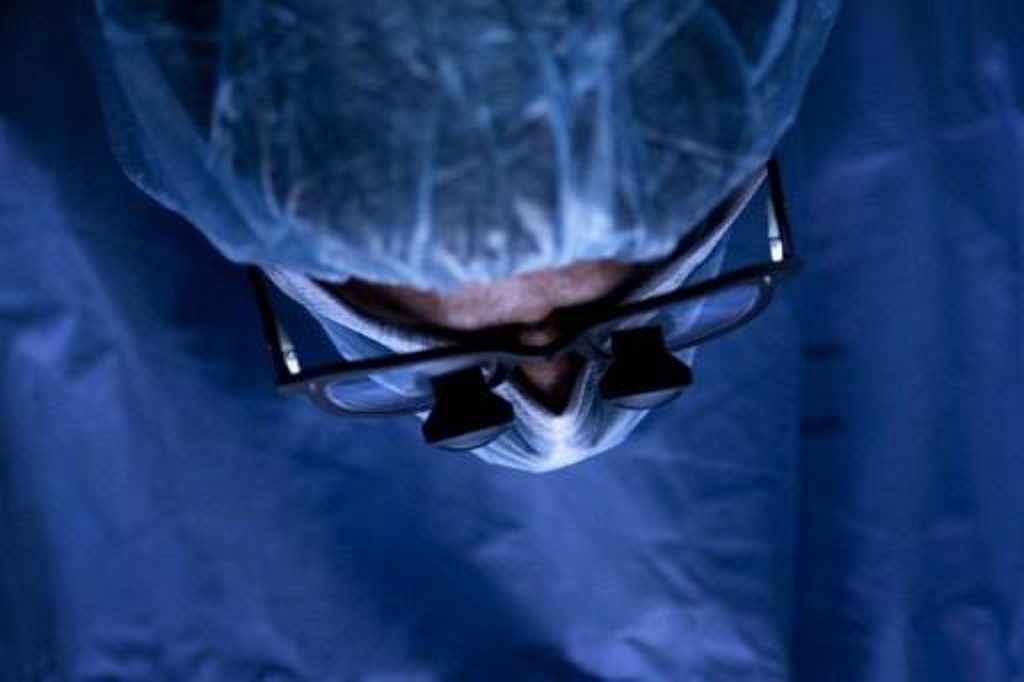American surgeons have successfully transplanted a heart from a genetically-modified pig to a human patient, the University of Maryland School of Medicine announced on Monday.
The operation was carried out on Friday and showed for the first time that an animal heart could continue to function inside a human without immediate rejection, the institution explained in a press release.
57-year-old David Bennett who received the pig heart had been declared ineligible to receive a human transplant. He is now being closely monitored by doctors to ensure that the new organ works properly. "It was either death or this transplant. I want to live. I know it's pretty risky, but it was my last option," the Maryland resident said a day before his operation, according to the medical school.
"I'm looking forward to being able to get out of bed once I recover," Bennett continued, who has spent the last few months bedridden and hooked up to a machine that was keeping him alive.
The US Food and Drug Administration (FDA) gave the go-ahead for the operation on New Year's Eve. "This is a major surgical advance that brings us one step closer to solving the organ shortage," commented Bartley Griffith, who performed the transplant.
Related News
- World first: Belgian hospitals treated abnormality of baby in the womb
- Belgian hospitals harness AI capabilities to improve patient care
The pig's heart had been genetically modified so that it no longer produced a type of sugar normally present in all pig cells, which causes immediate rejection of the organ. This genetic modification was carried out by the company Revivicor, which had also supplied a pig kidney that surgeons had successfully connected to the blood vessels of a brain-dead patient in New York in October.
Nearly 110,000 Americans are currently on the waiting list for an organ transplant, and more than 6,000 people who need a transplant die each year in the country.
Xenotransplants – from animals to humans – are nothing new. Doctors have been attempting cross-species transplants since at least the 17th century, with the first experiments focusing on primates. In 1984, a baboon heart was transplanted into a baby, but the infant, nicknamed 'Baby Fae', only survived for 20 days.

